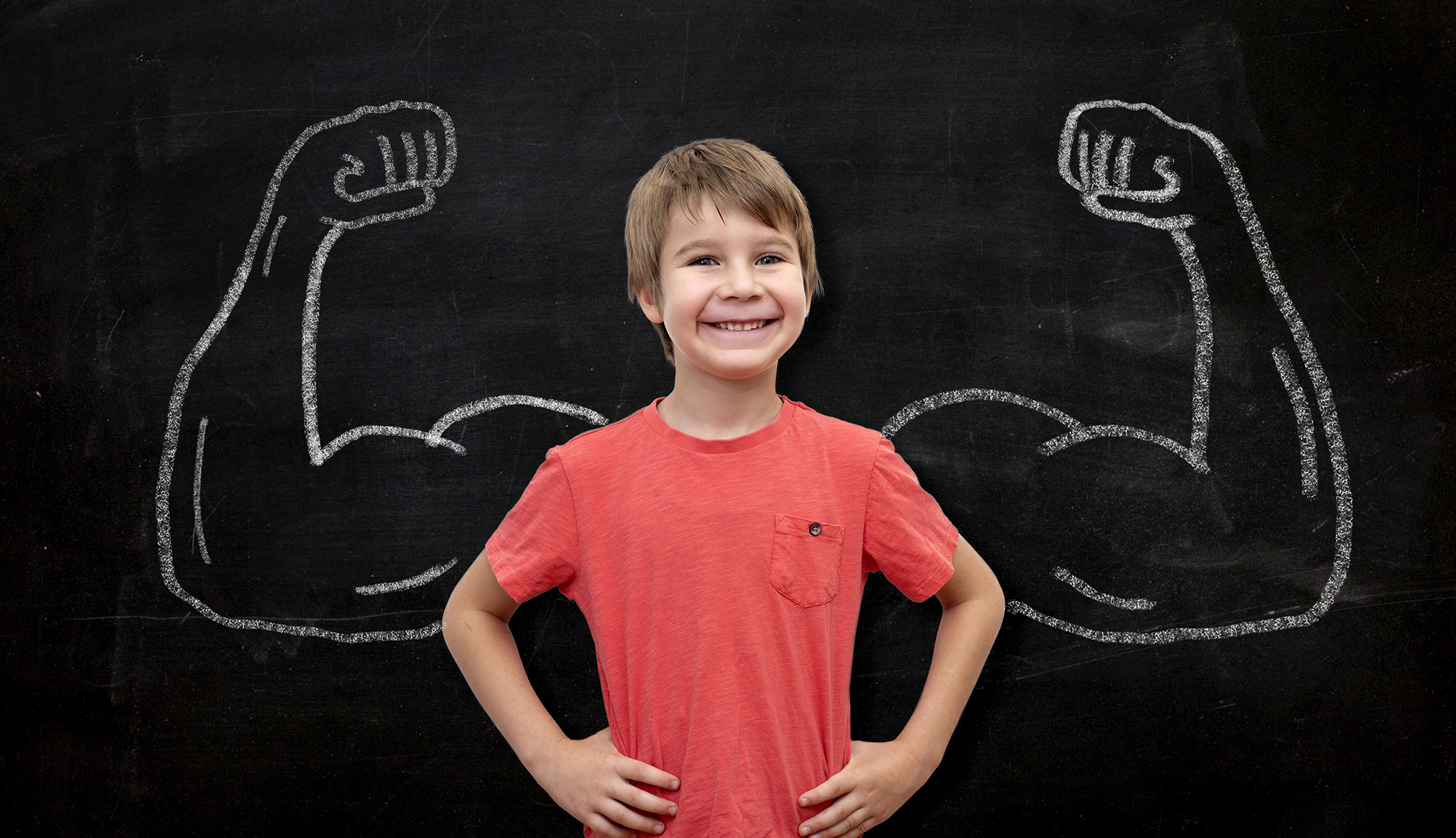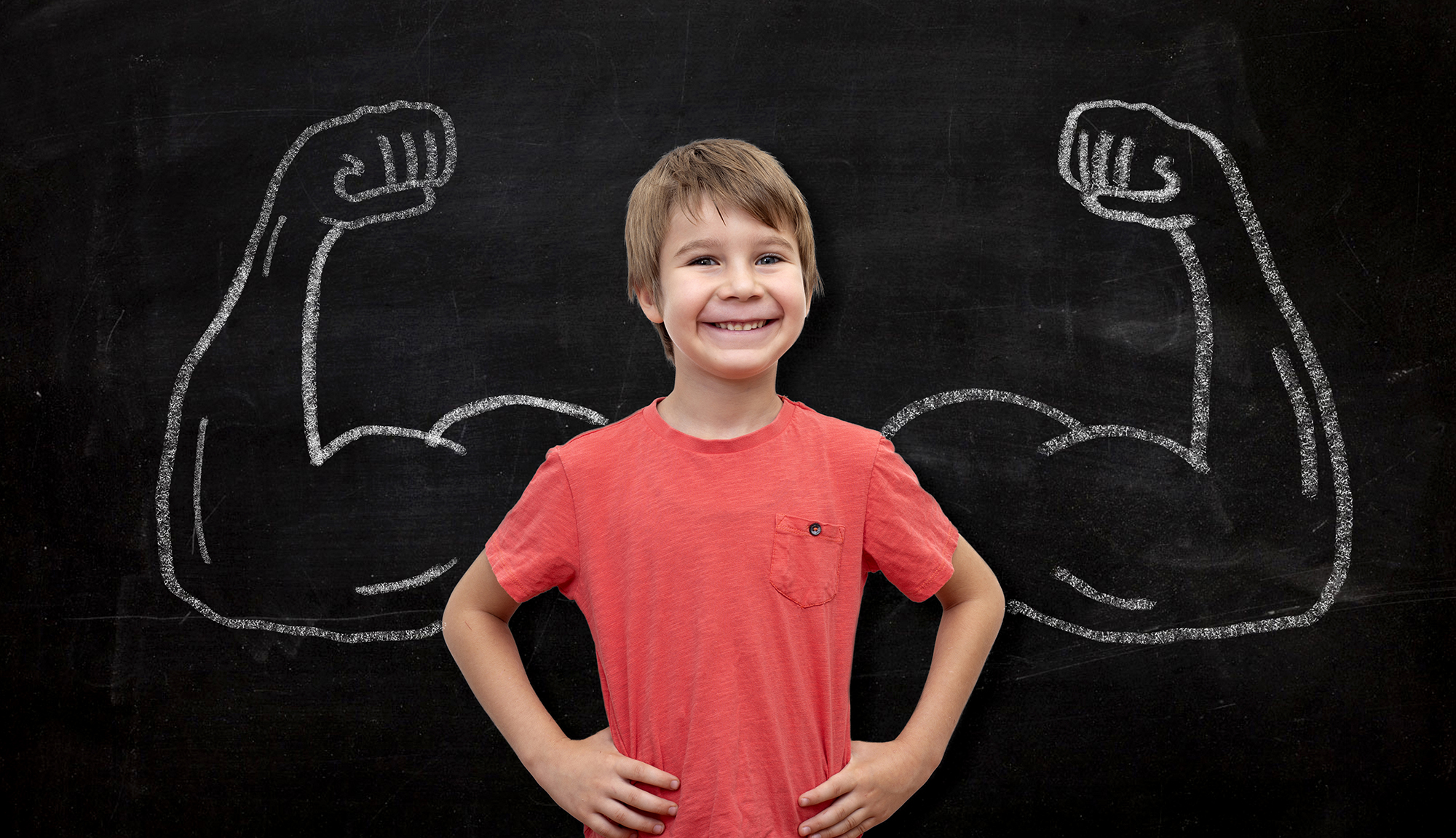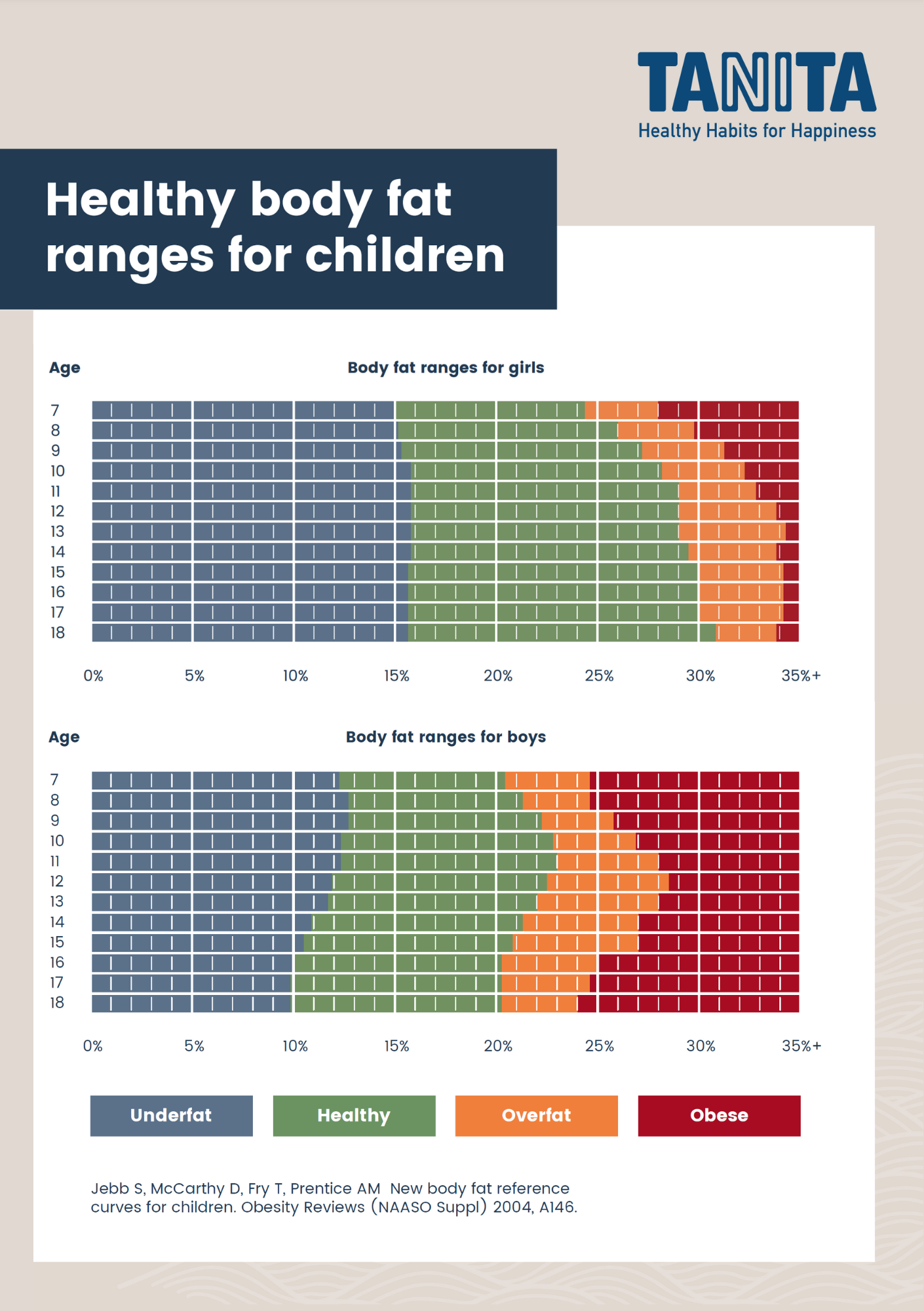What every parent needs to know about childhood obesity
Are you worried about your child's weight or do you have questions about childhood obesity?
You are not alone; the increase in overweight children and childhood obesity is happening in developed nations around the globe. In November 2022 the World Health Organisation (WHO) published its report into childhood overweight and obesity for the European region, finding that 1 in 3 children are overweight or obese.
Why is being overweight and obesity in children on the rise?
There are many factors that influence the increase in overweight and obesity in children. The World Health Organization identifies a number of social problems that contribute to this:
- Product Placement - Commercials for unhealthy snacks and food - or to put it simply, the 3 P's (Potatoes, Pizza and Pancakes) that every child loves.
- Children move less - there is less movement during school hours.
- Increased urbanisation - less people play outside due to the crowds on the street.
- The huge increase in digital entertainment - games, contact with friends, video content, everything takes place online with the result that children move much less.
As a parent or carer, it is not always easy or fun to navigate through this and to encourage your child to live a healthy (-er) healthy life in a fun way. However, to keep your child healthy in the long run, it is important to establish healthy habits early on. And there are a number of tips that can really make a difference.
What to do if you are concerned about your child's weight?
Try to make some small changes yourself. Looking back at the WHO list of causes, there are things you can do to address them;
- High density foods - it is probably not realistic to cut these out completely, but try to restrict to occasional treats and always add veggies or fruit to their meal.
- Increasing exercise - whilst children may be exercising less at school, exercising as a family can be great fun and build healthy habits for the whole family. Plan a walk or a family trip to the swimming pool for this coming weekend.
- Increased urbanisation - researching places to exercise, cycle routes, skate parks and urban trails is a great way to start incorporating exercise into your life.
- The dramatic increase in digital entertainment - perhaps suggest your child can play games on their phone after they have done some active physical play for 30 minutes first?
It may be wise to consult your GP or a specialist paediatric dietician for specialist advice, but the success depends on your support for your child.
When working with your child to implement more healthy habits, it is important to monitor progress and celebrate successes. A logical step is to put your child on the scale regularly. However, this can put the focus on the negative, namely the excess weight. And in every weight loss process there comes a time when the weight stabilises. This is the time when many people, including adults, give up because it seems that all the effort is not paying off. Teenagers in particular can be tempted to make unhealthy choices just to reduce their weight, so shifting the focus from weight to health can be a much more positive move.
But how? By looking at body composition! With a body composition scale you can measure progress on multiple aspects, so there is almost always something positive to say. This way you can teach your child about the importance of muscles for a healthy body. A much more positive message than the focus on weight.
TANITA's top three motivational readings for kids:
- Muscle mass - increasing muscle mass increases the body's metabolism and ability to burn fat. Building muscle mass is therefore very important for weight loss. What child doesn't want to be strong? Let your child know that they have over 600 amazing muscles in their body that help them move, carry their school bag and smile. By measuring muscle mass, they can see how much of their weight is made up of these beautiful muscles.
- Body fat - even a small reduction in body fat can improve health. By showing your child that the amount of fat is decreasing, you can encourage your child to persevere.
- Total body water - In addition to muscle and fat, the body contains a lot of fluid. Good for a child to know that weight is not only related to fat. Teach your child the importance of drinking water to keep their motor running. Water helps power a child's body, regulate appetite and digestion (are you hungry or just thirsty?), and improves memory, mood and concentration. Did you know that our brains are made up of 85% water? Try adding fresh strawberries or a slice of crunchy cucumber to make water less bland. Children also like to drink through a reusable straw or from a nice glass.
So, how can you help your children stay motivated and get these positive measurements in your own home? TANITA understands the importance of starting healthy habits early and our aim is to help reduce childhood obesity. That is why we work with professionals and offer families the opportunity to measure body composition in the comfort of their own home.
The TANITA BC-401 is a powerful scale that can give you all this information for children from the age of 5 up so that you can promote healthy habits which will last them a lifetime.






